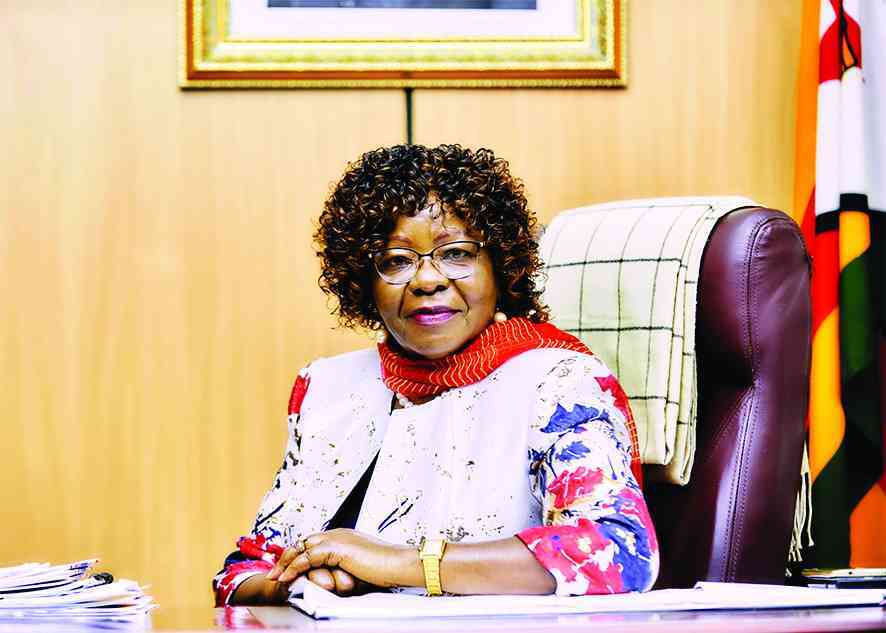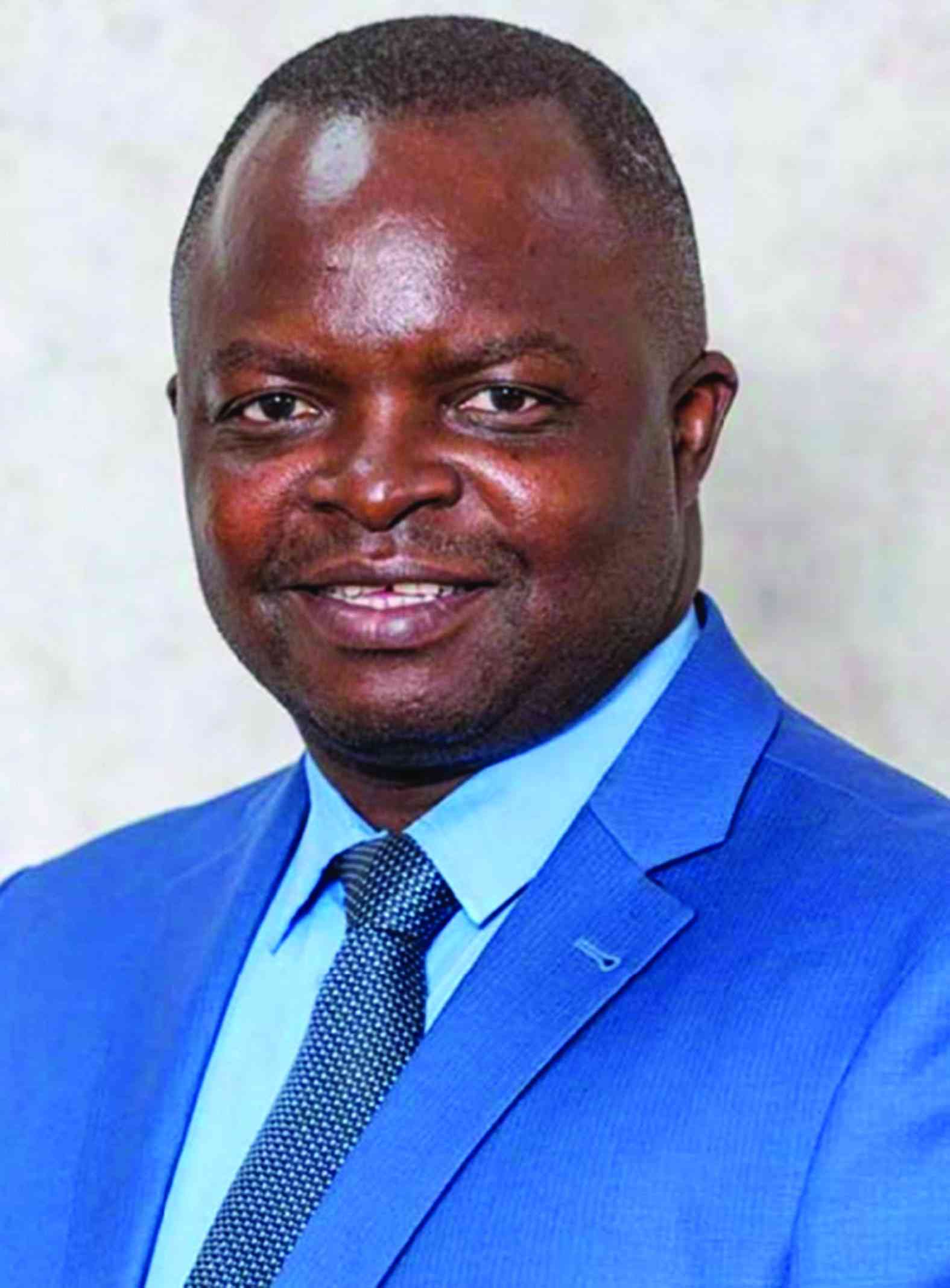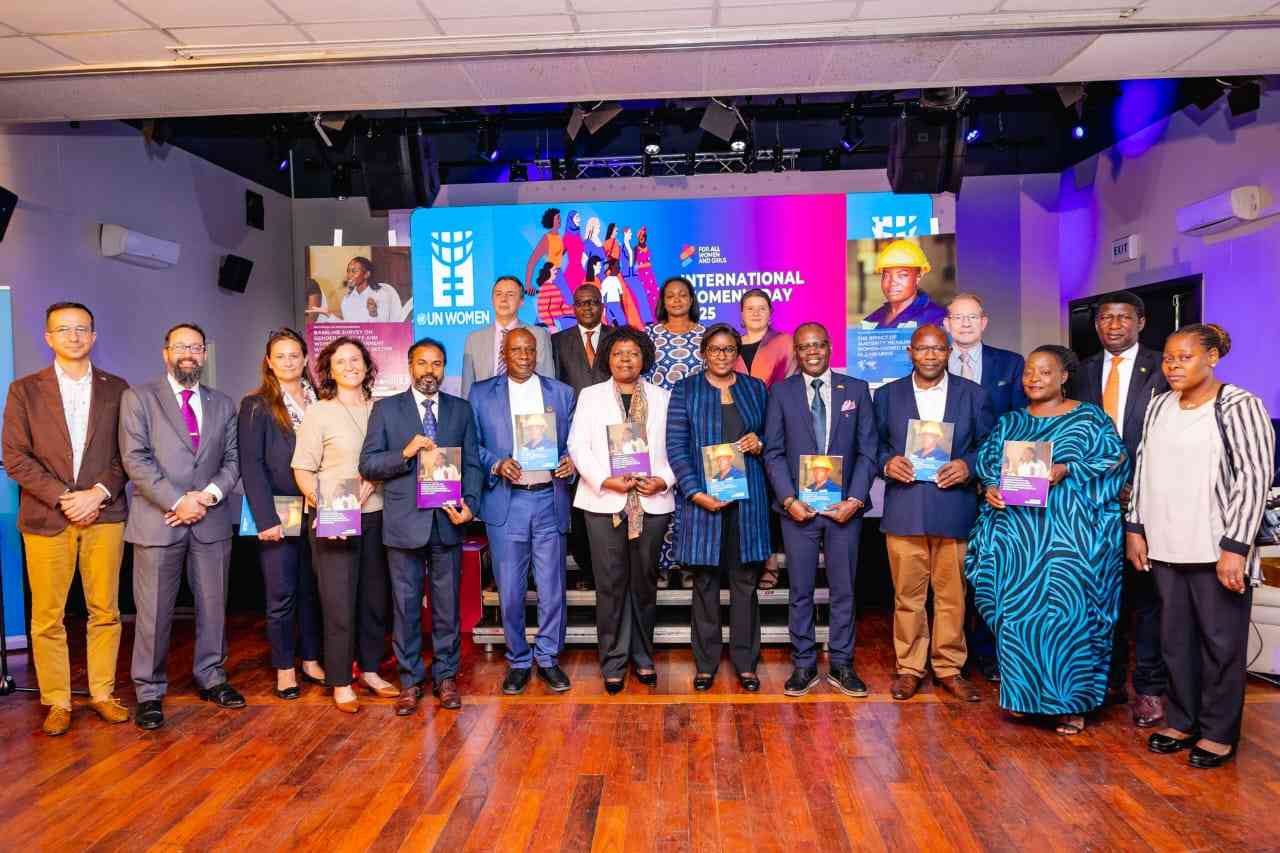
A LOCAL health financial technology firm, Rapiso, has unveiled a healthcare platform that facilitates services on credit and is available to vetted individuals with proof of residence, guarantor letter and valid identity documents.
The platform, Patient Credit Reference (PCR), facilitates healthcare services to credit-worthy people using various credit avenues such as the Salary Service Bureau for civil servants, corporate and SME employee stop-order facilities and micro-finance institutions.
Speaking at a recent launch of the facility, Rapiso chief operating officer Michael Mangweni said PCR also offered credit control services for hospitals, doctors and other health-related institutions.
He said the platform had on its system a database of bad debtors shared by any affected registered health institution in the country.
“Although Zimbabwe’s ultimate solution to achieving universal health coverage will be a well strategised national health insurance, Rapiso’s low-cost health facility, PCR, service providers like the Multi-specialty Health group (MSH) and other affiliated low-cost service providers across the country, are a current solution and they serve to complement medical insurance which due to low disposable income only provide cover to an estimated 7% of our population,” he said.
Mangweni said medical insurance should not see health service providers as pawns in healthcare financing and provision, but as strategic partners.
“They should think outside the box, consult and create affordable micro-insurance health products. To bypass legacy disputes, medical aid insurance should involve service provider groups like MSH in sharing both the risk and collected premiums on a pro-rata basis,” he said.
This, he said, would spare the service providers cash flow challenges that inconvenience the public which ultimately loses confidence in medical aid insurance.
- Fin-tech firm unveils credit healthcare facility
Keep Reading
Speaking at the same event, Albert Nyatsambo, MSH group’s public relations manager called on the government and local authorities to take heed of requests by local specialist groups such as MSH to provide working space at public institutions for public-private partnerships, land and government guarantees for top notch hospital equipment required by the specialists.
Zimbabwe has highly specialised healthcare workers and with the right infrastructure, medical equipment and its regional centrality, the country has great potential to become the medical tourism hub of southern Africa.










